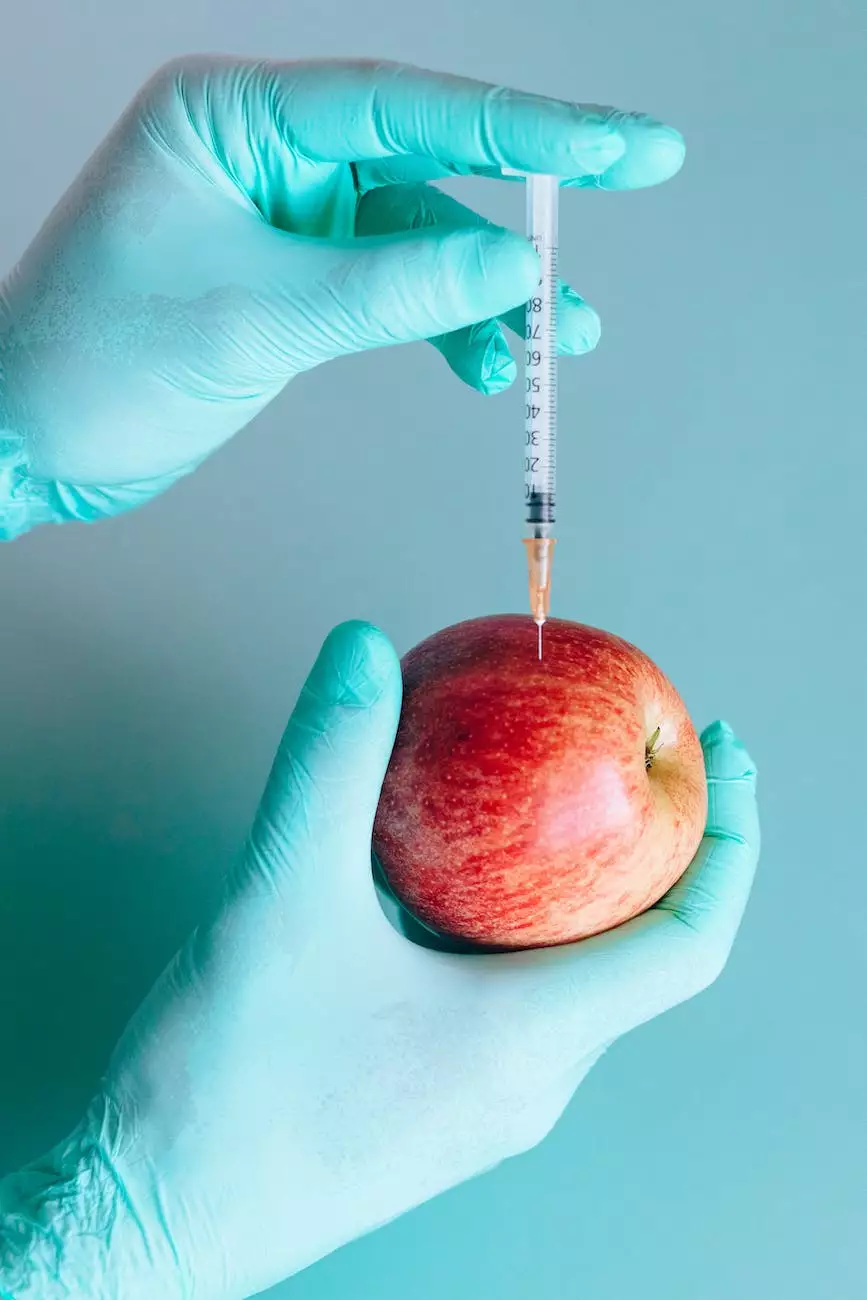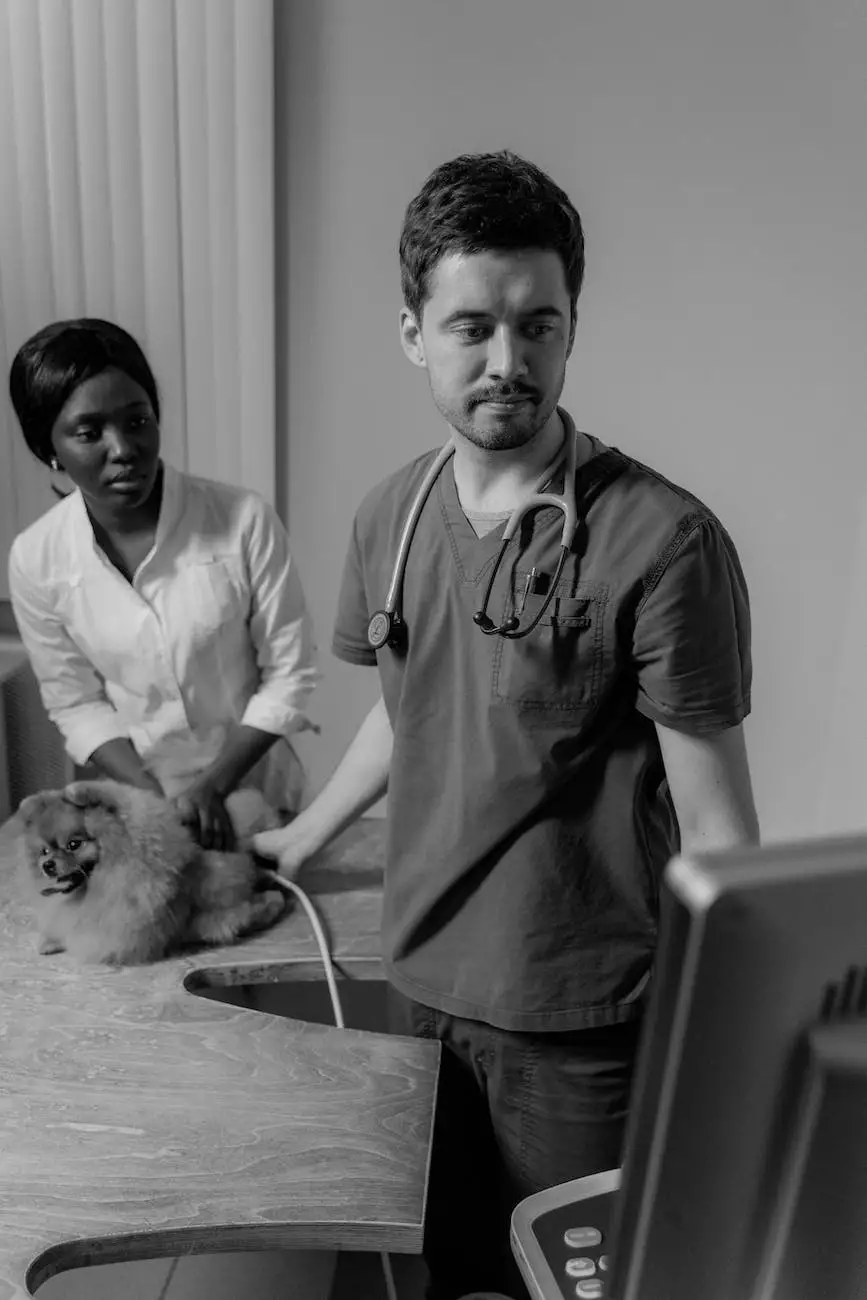Kitten Teething: What You Need to Know
Blog
Introduction
Welcome to Rosey Dog Care's comprehensive guide on kitten teething. As pet lovers, we understand the importance of providing the best care for our furry friends. In this article, we will explore everything you need to know about kitten teething and how to ensure your kitten's oral health. Teething is a crucial phase in a kitten's life, and being aware of the process and taking necessary steps can help them have a smooth transition from baby teeth to adult teeth.
The Teething Process
Kittens, just like human babies, go through a teething process. Generally, this process starts around 3 to 4 weeks of age and continues until they are around 6 to 7 months old. During this period, kittens will experience discomfort, and you may notice them chewing on various objects to relieve the teething pain. It's important to understand that teething is a natural and necessary process for your kitten's dental development.
Signs of Teething
Signs of teething in kittens may vary, but here are some common indicators to look out for:
- Increased chewing behavior
- Excessive drooling
- Swollen or red gums
- Appetite changes
- Mild irritability
Caring for Your Teething Kitten
To ensure your kitten's comfort and promote good oral health, follow these helpful tips during the teething process:
Provide Appropriate Chew Toys
Supply your kitten with safe and durable chew toys specifically designed for teething. These toys will help relieve their discomfort and prevent them from chewing on inappropriate items, such as household furniture or electrical cords.
Regularly Check Their Gums
Monitor your kitten's gums for any signs of inflammation or infection. If you notice anything unusual, consult with your veterinarian for a proper evaluation and treatment plan.
Soft Food and Wetting Dry Food
During the teething phase, kittens may experience discomfort while chewing hard kibble. Consider adding water to their dry food or introducing soft wet food to make mealtime easier for them.
Oral Hygiene
Although your kitten is still young, it's never too early to start establishing good oral hygiene habits. Get them accustomed to having their teeth gently brushed with a kitten-specific toothbrush and toothpaste. This will promote healthy gums and prevent future dental problems.
Common Concerns
Bleeding Gums
Some kittens may experience minor bleeding from their gums while teething. This is normal and usually not a cause for concern. However, if the bleeding is excessive or persists for an extended period, it's essential to consult with your veterinarian for further evaluation.
Retained Baby Teeth
In some cases, baby teeth may not fall out on their own, causing what is known as retained deciduous teeth. Retained teeth can lead to crowding and dental issues in the future. If you notice any baby teeth still present as the adult teeth emerge, consult with your veterinarian to discuss the appropriate course of action.
Seeking Professional Guidance
If you have any concerns or questions about your kitten's teething process, don't hesitate to reach out to your trusted veterinary professional. They can provide personalized advice and ensure your kitten receives the best care possible.
Conclusion
Kitten teething is a natural process that all kittens go through. By being aware of the signs, providing appropriate chew toys, and practicing good oral hygiene, you can help your kitten have a smooth and comfortable teething experience. Remember, if you have any concerns or questions, consult with your veterinarian for expert guidance. At San Gabriel Vets, we are here to support you and your furry friend every step of the way.




